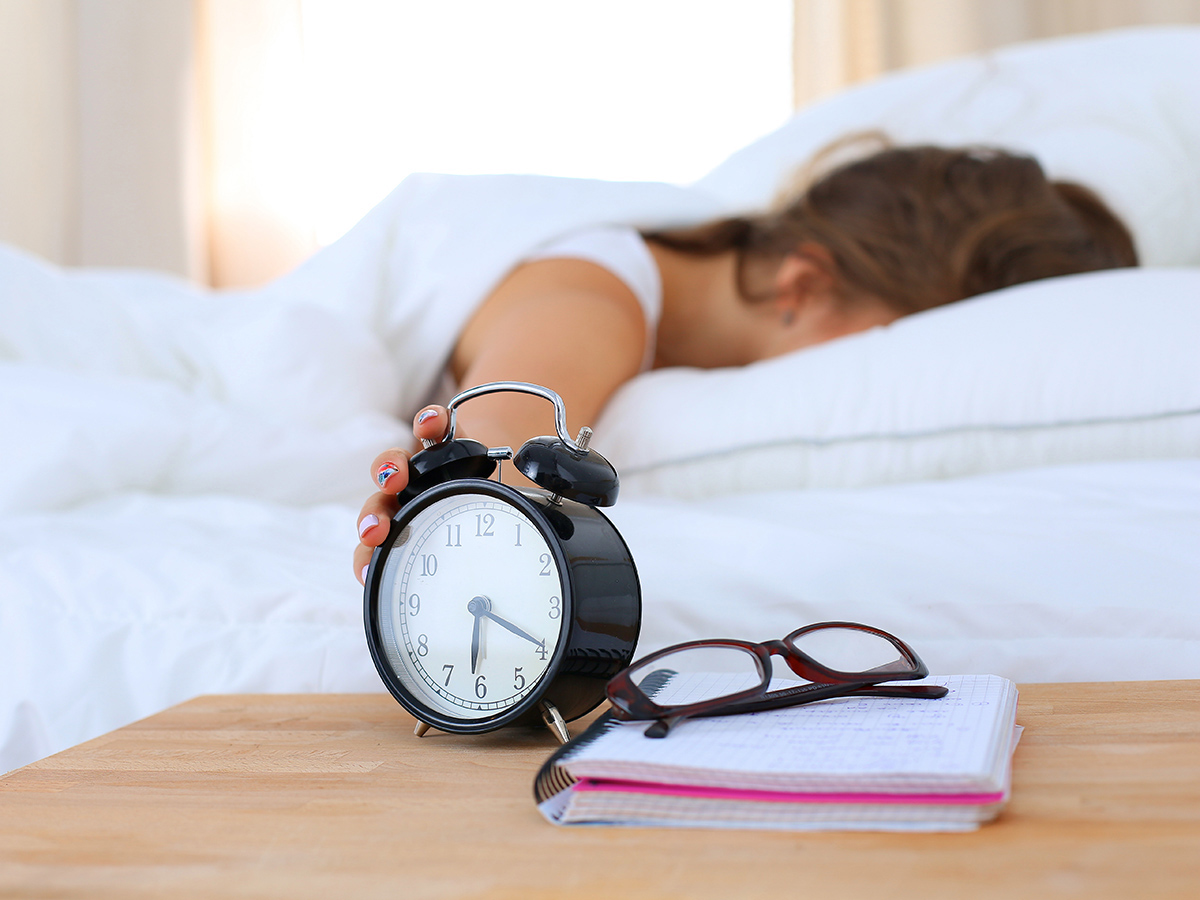

It’s important for plan sponsors to educate employees about the benefits of a good night’s sleep, said Ken Porter, national sustainability director for the Mood Disorders Society of Canada, during Benefits Canada’s 2024 Mental Health Summit in June.
“Getting enough quality sleep is essential to our physical, mental and emotional wellness. It serves in a variety of roles to help improve our quality of life and health results. However, sleep is frequently underestimated or ignored because people believe they can just push through without enough sleep.”
Read: What tools can employers use to address employees’ sleep concerns?
Porter said he experienced anxiety from a young age and immediately his sleep began to suffer. His anxiety kept his mind from shutting off at night and, the next day, he’d find himself more anxious and unable to focus. Eventually, he received an additional diagnosis of depression, and it changed his relationship to sleep: suddenly he was sleeping all the time, missing school and work.
While he has learned to manage his conditions, Porter noted, “If I have a bad night where I don’t get enough sleep, that directly impacts my ability to perform and do my job the next day and even my interactions with people are directly connected to my sleep.”
The cost of poor sleep is significant, at roughly $5,000 per person per year. Poor sleepers also experience about five weeks of presenteeism per year, compared to three days for good sleepers. Adults need roughly seven to nine hours of sleep per night, but according to Statistics Canada, a quarter of Canadians aged 18 to 34 and a third of those aged 35 to 64 aren’t getting the sleep they need.
Read: Ericsson adds sleep, nutrition to online wellness program
Poor sleep is associated with decreased work performance, poorer judgment and impaired concentration, irritability, heightened emotions and an exacerbation of underlying mental-health conditions. It also suppresses the immune system and increases the risk of illness. Employees with insomnia report poorer self-esteem, lower job satisfaction and lower work efficiency compared to good sleepers, he added.
While insomnia was once thought to be a symptom of mental-health disorders, poor sleep and poor mental health are now understood to have a bi-directional relationship. People with severe insomnia are more likely to have a psychiatric disorder compared to normal sleepers and are also at greater risk of a host of physical health conditions. People with mental-health conditions are also more likely to struggle with their sleep, such as anxious thoughts that keep someone awake at night on a regular basis.
People who are struggling with sleep need to start by prioritizing it, he said. Setting a consistent bedtime routine, such as reading, playing calming music, meditating and/or having a bath can slow the body down, while avoiding bright lights and electronics before bed can also improve sleep.
Read: A look at employers’ role in the battle against insomnia
Sleep disorders are often treated with counselling (most often through cognitive behavioural therapy), medication and special relaxation techniques designed to promote sleep. Regular exercise has proven effective in treating sleep disorders and diet can also impact the type of sleep they’re having.
More employers are starting to talk about sleep, especially in industries with 24-hour operations and shift work, said Porter, adding it’s important for employers with those types of operations to avoid switching employees from day to night shifts with little notice.
He also discouraged the valourization of employees who burn the midnight oil to get the job done. “[Some employers think] if you get less sleep, somehow you’re more dedicated . . . when the reality is that if you’re not getting sleep, you aren’t going to be productive.”
Read more coverage of the 2024 Mental Health Summit.
